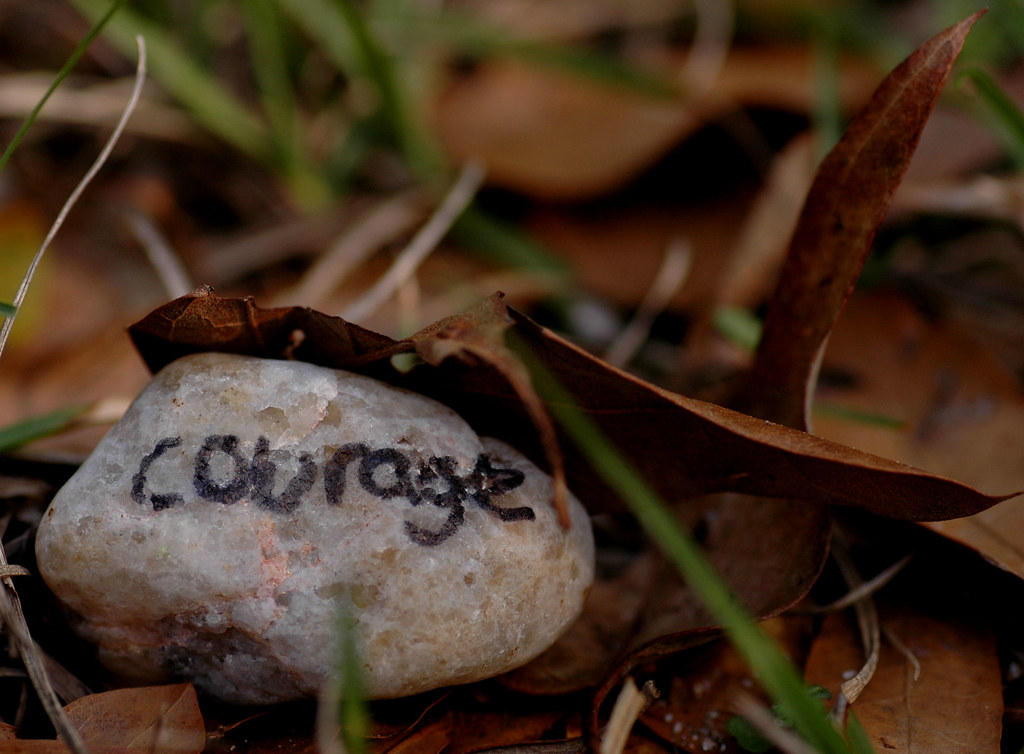Pic: If you employ the tips I will share with you, you will have sprouted the equivalent of another pair of hands. Or something like that.
It’s NaNoWriMo (National Novel Writing Month) and you know
what that means. If you’re a writer and typically neglect your house, it will
be even more neglected. Right now, whenever I pass the flower garden, I avert
my eyes because the grass I’ve allowed to creep into the beds is yellowing. But
that’s okay. If I were a green thumb, this article would be called “How to be a
lean, mean, weeding machine.”
So in the interest of helping out anyone who is crazy enough
to try this insane effort of writing 50,000 words in 30 days, I’ve compiled
some of my tried and tested methods:
1.Sprint for 20 minutes on and off in blocks of time. Join a sprint group that gets down to business. Sprinting has a side benefit: if you are competitive like I am, you have the motivation to keep writing even when your inner editor says your story is lame. You want to be able to report a word count to your fellow sprinters after all. That said, take breaks. Do not do this: write for hours and hours on end without a
start stop time. Your body will rebel and defeat you.
2.Accept the fact that your house will not be clean, dinners
will not be cooked, and the carpet will not be vacuumed.
3. Set a word count goal. My goal has been writing 5,000
words a day, because a) I don’t write on Sundays and b) I want to see how much
I can push myself. So far, so good.
4.Do not edit, except for those obvious typos that can
easily be changed.
5.Have an outline. Or at least a list of scenes that you can
refer to when you are stuck. You can always move things around later.
6.Turn off the music. I find that I can focus better when
the music is turned off. My brain apparently can only handle one thing at a
time.
7.Go to the bathroom, get your snack and water bottle, feed
the dog, bring the dog in, clean up after the dog, brush your teeth, etc.
before you sit down to write.
8.Ignore phone calls. They can always leave you a voice
mail.
9.Write a story you are excited about. If you’re not
excited, this will feel like the ickiest 50k words of your life.
10.Get those must-do tasks out of the way. Then dive into
your writing, guilt-free.
By the way, these are good things to apply to just knocking
out a manuscript quickly, in general. Good luck!
Jewel Allen is an award-winning journalist, author and
ghostwriter. Connect with her at www.jewelallen.com. Also, check out and nominate her Kindle Scout book, DEADLINE, which she
wrote using the tips above: http://amzn.to/2wZKcm4. If it’s selected you get the e-book free.










